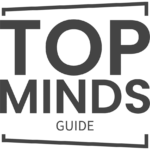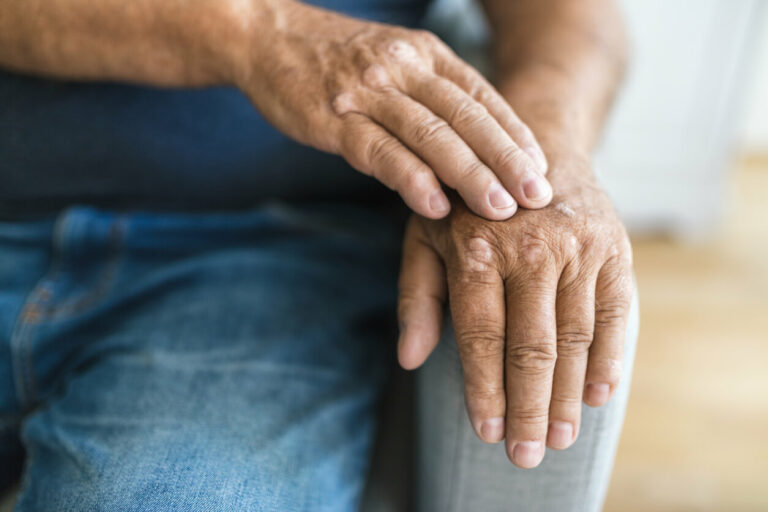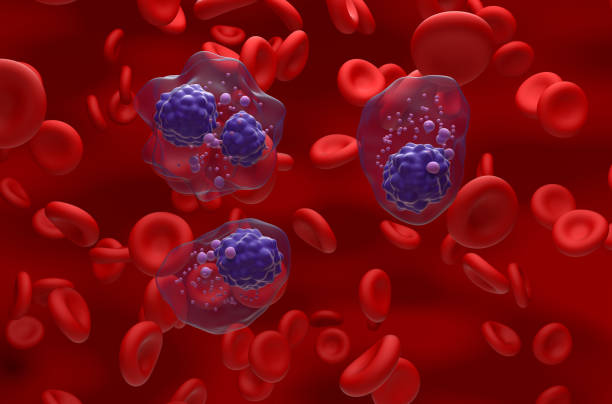Understanding and Managing Depression: A Guide to Treatment Options
Depression is a common yet serious mental health condition that affects millions of people worldwide. It can profoundly impact all areas of a person's life, making it essential to understand and seek effective treatment. This guide aims to provide an in-depth look at the various treatment options for depression, from traditional methods like medication and therapy to lifestyle changes and alternative approaches. By understanding the nature of depression and the available treatments, individuals can take active steps toward managing their condition and improving their quality of life.
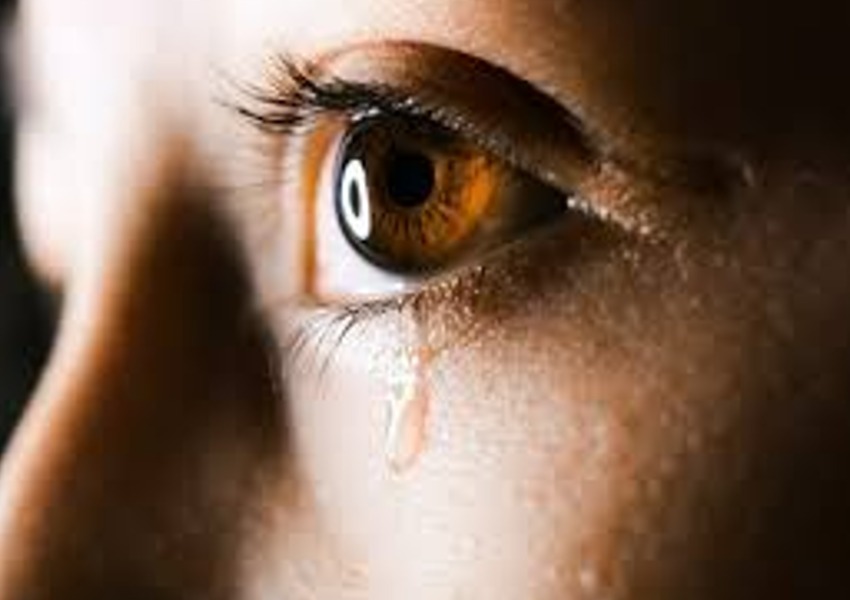
Introduction to Depression
Depression is more than just feeling sad or going through a rough patch; it’s a serious mental health condition characterized by persistent feelings of sadness, loss of interest, and a range of physical and emotional problems. It can affect one’s ability to function at work and in daily life.
Diagnosing Depression
Diagnosing depression typically involves:
- Consultation with a Mental Health Professional: A psychiatrist, psychologist, or therapist can assess symptoms through interviews and questionnaires.
- Medical Evaluation: To rule out other medical conditions that might be causing symptoms.
Treatment Options for Depression
Effective treatment for depression often requires a combination of methods:
- Medication: Antidepressants can help adjust the chemical imbalances in the brain that contribute to depression.
- Therapy: Psychotherapy, or “talk therapy”, like cognitive-behavioral therapy (CBT) and interpersonal therapy (IPT), can be highly effective.
Medication for Depression
- Antidepressants: Such as SSRIs, SNRIs, and tricyclic antidepressants. It’s important to discuss potential side effects and benefits with a healthcare provider.
- Medication Management: Finding the right medication can require patience, as it might take some time to see improvements.
Psychotherapy and Counseling
- CBT: Helps patients identify and change negative thought patterns and behaviors.
- IPT: Focuses on improving relationship skills and addressing problems that contribute to depression.
Lifestyle Changes and Self-Care
Self-care and lifestyle adjustments can support recovery:
- Regular Exercise: Can boost mood and overall health.
- Healthy Diet: A balanced diet can positively affect mood.
- Adequate Sleep: Sleep has a significant impact on mood and well-being.
- Stress Reduction: Techniques like meditation and mindfulness can help manage stress.
Alternative Treatments
In addition to traditional treatments, some may find relief with alternative methods:
- Acupuncture: Some find this traditional Chinese medicine technique helpful.
- Supplements: Such as St. John’s Wort or Omega-3 fatty acids. Always consult with a healthcare provider before starting any supplements.
Seeking Help and Support
It’s crucial for those suffering from depression to seek professional help. Additionally, support groups and community resources can provide additional emotional support and information.
